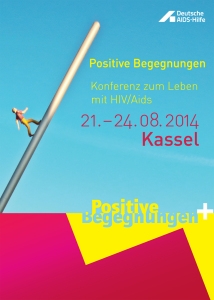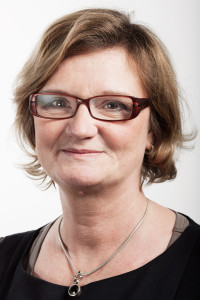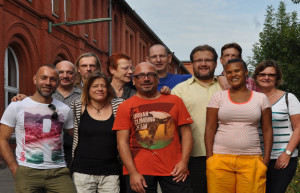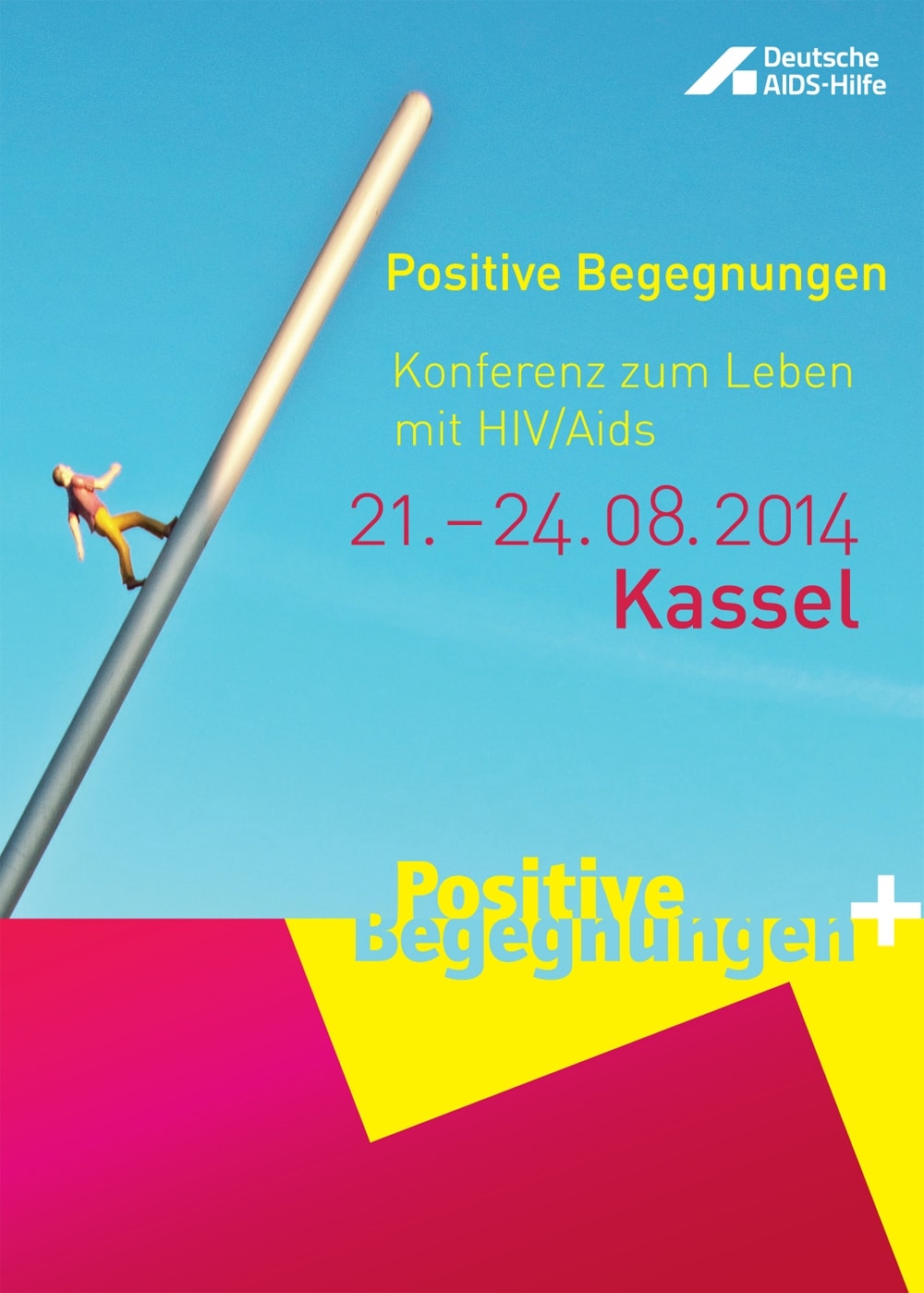From 21 to 24 August 2014, the time has come again: the "Positive Encounters" will take place. Around 450 participants - HIV-positive and HIV-negative people who are dealing with HIV privately, professionally or on a voluntary basis - will meet in Kassel for Europe's largest HIV self-help conference. We spoke to Heike Gronski, "Living with HIV" officer at Deutsche AIDS-Hilfe and organiser of the meeting, about the event.

What can participants expect?
They can look forward to a colourful bouquet of topics that they can really identify with: "Reducing discrimination" is a central aspect, as HIV-positive people are still marginalised. Another focus is on "self-empowerment". In other words, we want to help people take control of their own lives and shape them according to their own ideas. Equally important are the events we organise on "Human Rights/Social Policy" and "Medicine and Health Policy".
One of the main aims of the PoBe is to reduce discrimination. Where is there still discrimination where you wouldn't expect it?
This includes the healthcare sector, for example, where there is unfortunately still a lot of ignorance and uncertainty. This applies to nursing staff as well as doctors. However, this is also partly due to the system. In hospitals, HIV is categorised - against better judgement - as an extremely rapidly transmissible infection, which of course has an impact on hygiene regulations and this in turn also fuels fears.
How do you want to change that?
The central question is how do you communicate information to a target group that they should actually have? We say that this works best in direct contact with HIV-positive people. That's why it makes sense and is more authentic when people with HIV help to organise training courses. But we don't just want to talk about where discrimination occurs. We also want to show people how they can actively defend themselves against discrimination.
This fits in with the theme of self-empowerment ...
Yes, absolutely, this is also where our motto for this year ties in: "We are making ourselves strong! And you?" We want to encourage participants to actively shape their lives and stand up for their rights. However, this is not just about individual life decisions. Rather, we want to promote the participants' overall commitment to social and political issues.
With Selfempowerment, we are also explicitly addressing trans* people for the first time. This will be particularly exciting. Because we assume that they are doubly stigmatised and that a positive HIV status is taboo in the trans* community. But it will also be about medical aspects, such as: To what extent can the use of hormones be combined with simultaneous HIV therapy?

A series of workshops will focus on the criminalisation of (potential) HIV transmission. How far are we from away from decriminalisation?
This is a small-scale Sisyphean task. Fortunately, we don't have any "HIV laws" in Germany. In the case of HIV transmission, the case - if it goes to court - is dealt with under the offence of bodily harm. There are many facets to consider. The fact is that HIV is no longer a fatal disease. It is also a fact that HIV-positive people who have had a viral load below the detection limit for at least six months are not infectious. The courts do not always seem to be aware of these facts. Our aim is to dispel irrational fears among public prosecutors and judges. But also, of course, among the population itself, so that criminal charges are not brought in the first place.
What concrete steps can you take to reach judges and public prosecutors?
There will be lawyers at PoBe who will also take part in legal conferences and communicate the facts about HIV there. At the same time, we want to promote networking between doctors and lawyers, because when it comes to medical reports, the two groups speak different languages: What is correct for medical professionals is far from correct from a legal perspective. We need to build bridges here.
What else can participants expect at PoBe?
A lot! In the "Medicine and healthcare" section, one of the topics is the new hepatitis C therapies. We ask whether these really expensive treatments will be made available to all patients, including people in prison, for example? They are often excluded from better treatment methods. That is a "no go"!

And what else?
On the subject of "human rights", for example, we talk about the difficulties of medical care for HIV-positive people without health insurance.
But we are also looking across borders to Eastern Europe, specifically to Russia: what impact does homophobic legislation have on effective prevention work and what can we do about it effectively and efficiently from Germany? So we have a lot to offer and I believe that these will really be "positive encounters" in both senses of the word.
Interested parties can register until 20 July 2014 at www.positivebegegnungen.de register. The conference is in German.










